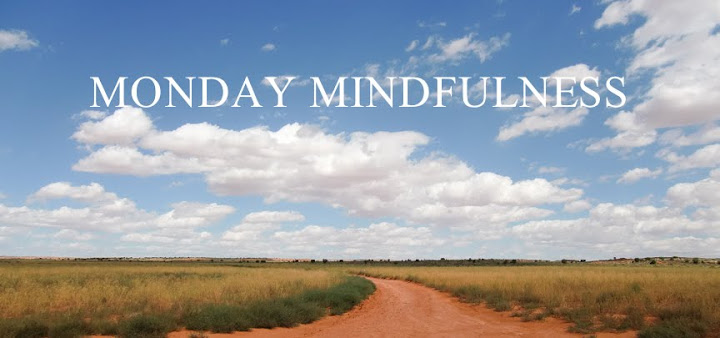Working with wise effort in meditation begins with first remembering
to practice and then having the discipline to actually get to the cushion. It’s
so easy to put off practice until the “right” time. But really, it’s probably always
the right time to pause, notice the breath, and get a sense of the body whether
standing, sitting, walking or lying down. (I have found this especially useful
while waiting in what I thought would be the fastest grocery check-out line.) This
simple act, which takes less than five seconds, relaxes the mind and
momentarily stops whatever storyline has captivated my thoughts. It brings me
into the present moment. And, it takes mindful awareness to pay attention and
even more effort to remember to stick with it, kind of like training a dog!
Meditation practice is first about remembering to pay attention, to come back to this moment, this
breath, a zillion times over. With gentle persistent effort, a certain kind of
meditation muscle develops. We become more skilled at settling the mind and
body even in the midst of stress and distraction. Like training in any
discipline, the mind-body gets to know that when it assumes the meditation
posture, it more easily arrives, settles, and relaxes into present-moment
awareness.
This is not to say that once we’re meditating our work is
done. I think it’s just the opposite. Wise and skillful effort during practice helps
notice the conditions that give rise to both positive and negative, wholesome and
unwholesome mental states, like contentment and ease versus anger and fear. While
all mental states are true in the moment, in this training, we develop the
capacity to see these states for what they are, know the difference sooner than
later, and learn to let go of the negative and nurture the positive.
Even if we can’t “let go” of negative or unhelpful mind
states, we learn to let them be. I find this very helpful. When I am caught in
difficult thoughts or emotions, if I remind myself to just let them be for now, the inflammation calms and my
mind relaxes. There will be a time when I’ll likely have the perspective and
skills to work with those thoughts and emotions, but I’m not required to jump
off a cliff without a parachute.
Cultivating wise effort through meditation practice is
mostly about showing up, doing the practice, and seeing what’s true.
We are not required to be hopeful or hopeless. We are required to just show up for what is. To bear witness. This is how we cultivate the capacity to endure and witness suffering.
